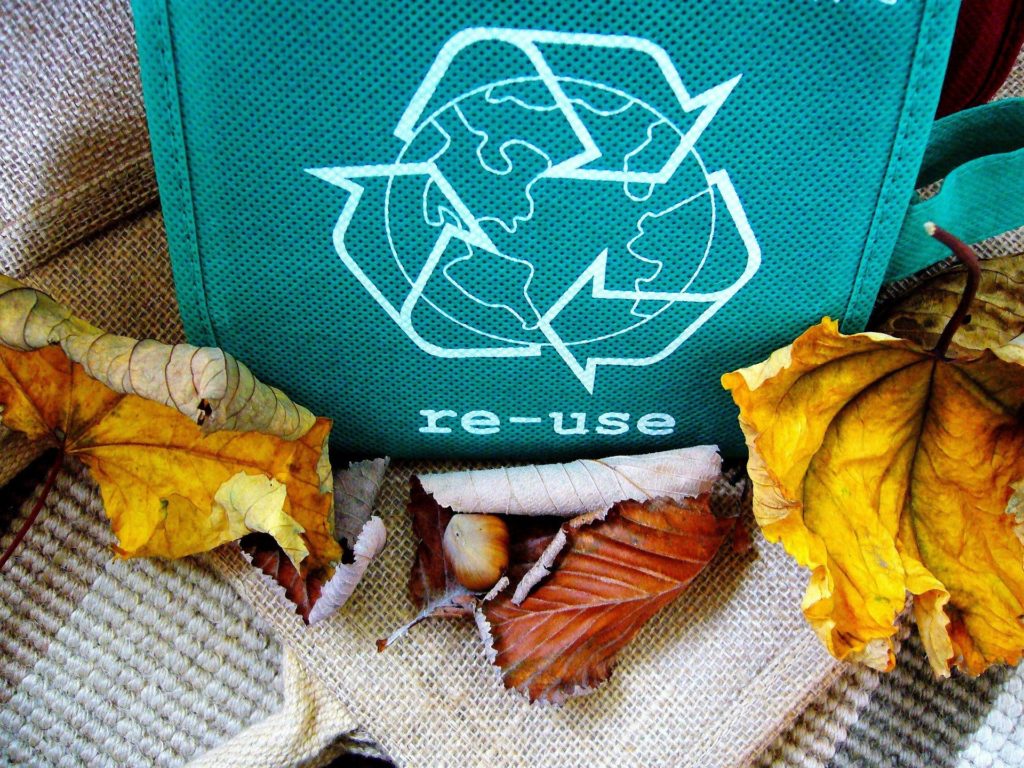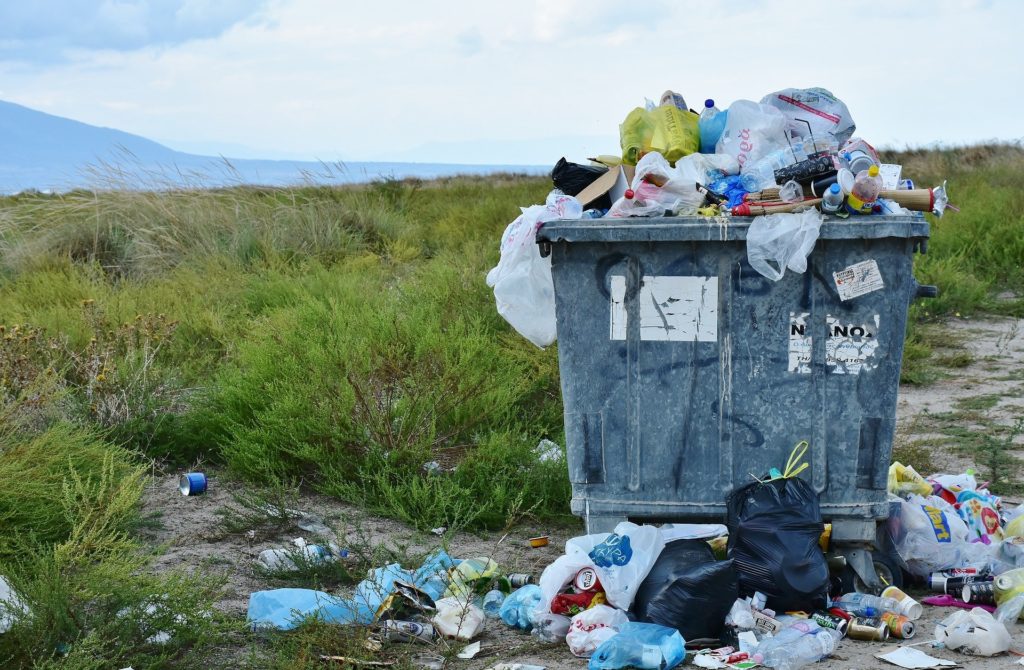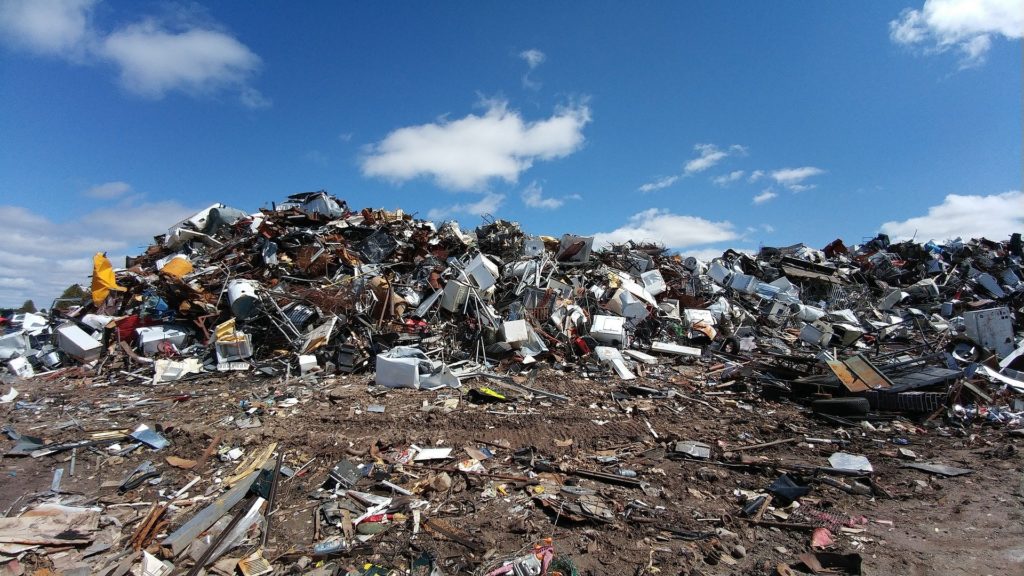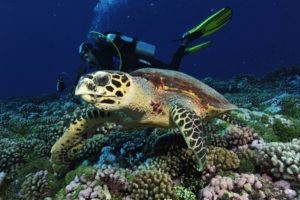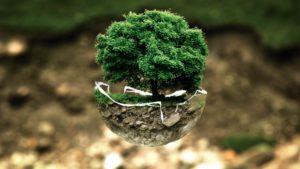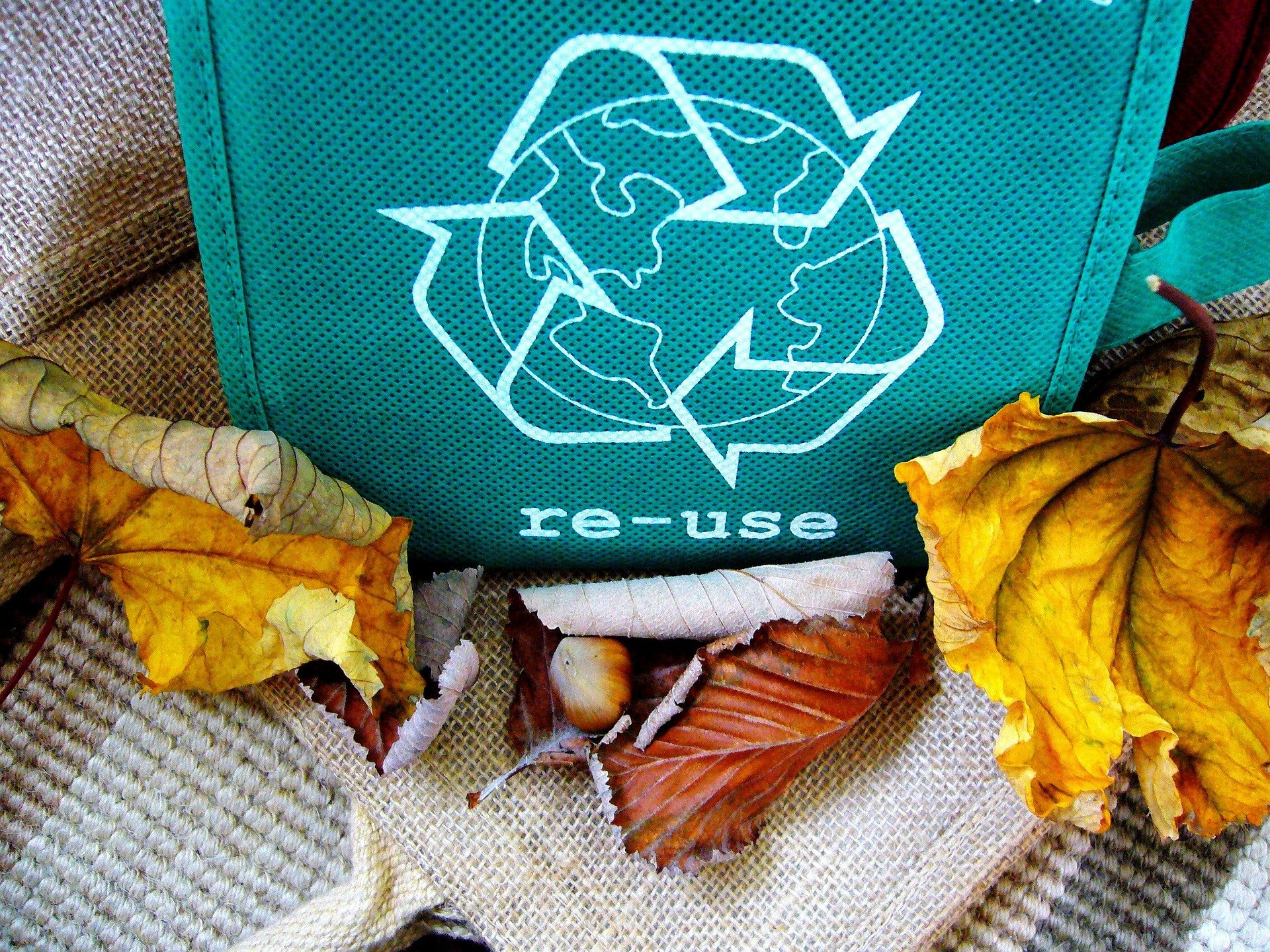
Full Circle: The Future of the Economy and Environmental Sustainability
Humans face an abundance of pitfalls in relation to the ongoing climate crisis. When faced with the reality of its effects and what we must do to change our detrimental ways, the switch to full sustainability feels drastic and life-altering. Yet by making changes that both reduce our impact and reuse the (natural) resources that we do have access to, we can continue to support communities as well as the planet. This is what is known as a circular economy, ‘where the value of products, materials and resources is maintained in the economy for as long as possible, and the generation of waste minimised’. It is not a new concept, but is certainly still in the early stages of practice.
This “systemic approach to economic development” is designed to be of benefit to both the environment as well as business. It greatly contrasts to a linear economy, which operates under a ‘take-make-waste’ model. Instead, by being regenerative with its natural resources, under a circular economy communities can constantly reuse and reduce their consumption of finite resources. Namibia is one example of a country taking incredible steps forward in the name of sustainable economic success by moving towards a circular economy.
Across Africa, many more countries are also making the change due to its benefits for both the planet, its natural resources and communities. The linear economy produces inevitable pitfalls and long-term problems for humans if we continue to exploit the Earth’s resources in the name of profit. There will be no quick fix to the damage produced, but economic models such as the circular and bio-economy could help societies and communities avoid needing a solution to the problem at all.
The Economy in Relation to Sustainability within Communities
Countries operating under a linear economy are causing indisputable problems in regards to waste and pollution and at the current rate of global consumption, they show no intention of slowing down. By focusing on “maintaining the value of products, materials and resources for as long as possible” global carbon footprints can decrease and governments plus companies can begin to increase eco-efficiency in manufacturing processes.
This is not to be confused with a bio-economy; however, a circular economy does have similar traits. While each have similar targets; to reduce waste and keep materials and resources in the economy for as long as possible, their methods differ. “According to the EU, the bio economy encompasses the production of renewable biological resources and the conversion of these resources and waste streams into value added products, such as food, feed, bio-based products and bioenergy.”
Both methods do provide solutions to many world problems and their implementation will be a massive step forward, away from a typical linear economy and the waste it produces. By maintaining a products’ value over a longer period of time it can continue to be used within and benefit the economy, reducing landfill in the process.
Namibia and the Circular Economy
Although in the early stages of fruition and seen as stronger on paper than in practice, regions in Africa give us hope for how a circular economy could be implemented on a global scale. Is Africa at the forefront of the circular economy movement? How are these strategies being implemented across the region?
“Africa has been using circular principles for generations. As new business models and technologies emerge, the opportunities for agriculture, manufacturing and waste management can be harnessed to improve livelihoods and reduce poverty.” The African Circular Economy Alliance (ACEA) launched a report identifying the five sectors that have the most potential to drive a country towards a circular economy. It is “a model that promotes better resource management” through sectors such as fashion and textiles, packaging, electronics, food systems and the built environment.
“In the private sector, circular enterprises are contributing to improving the environment while sustaining livelihoods in Africa. One of those enterprises is Ecopost, which has upcycled 5 million kilograms of plastic waste into building materials and created over 2,000 jobs for youth and women.”
Executive Director of Dalberg Group, James Mwangi stated;“Africa is a fragmented continent of 54 nations” and has also said that to move forward they must become unified to unlock the five big bets that encompass the circular economy. This argument can be applied to regions across the globe; by unifying production methods, we can go forward combatting the climate crisis whilst still supporting communities through alternative methods of employment. Namibia is a success story in nature conservation and biodiversity protection, but due to “increasing pressure from population growth, unsustainable farming practices and climate change” , protected areas are under threat.
Due to COVID-19, tourism is currently at a standstill in Namibia, yet the sector remains “the most important source of income for financing nature conservation measures”, and makes up a central pillar of income for the local population. Being a region at such high risk due to the impacts of climate change, by implementing the circular economic model, Namibia can continue to operate as “a net importer of goods” as “mining, fisheries and agriculture are the pillars of Namibia’s small yet open economy.”
Environmental impacts of tourism can have adverse effects on the biodiversity of an area if the trip is not done ethically or sustainably. Supporting conservation efforts becomes more crucial in efforts to protect communities and their land. “Uncontrolled conventional tourism poses potential threats to many natural areas around the world. It can put enormous pressure on an area”, impacting the soil, increasing pollution levels and can cause discharge to leak into the ocean. Other issues that will arise include the number of endangered species increasing, habitat loss and a heightened strain on water resources. Such a strain on vital resources can lead local populations to compete for them.
Sustainability in the Travel Industry
Pure Breaks is adamant about providing customers with options that are sustainable for both local communities and the planet’s natural resources. For example, guests who stay at any of Okonjima’s properties located in Namibia’s Okonjima Nature Reserve are able to directly support and aid the research/protection of its indigenous wildlife. Animals being studied within the conservation area include cheetahs, leopards and brown hyenas. One of the main research projects investigates the intraspecific relationship between different carnivorous species. Monitored and studied with the aid of GPS collars and camera traps, researchers are able to assess the extent of predation and size of territories for each individual animal. Alongside this, the study aids carnivore rehabilitation in the reserve.
Each of the reserves open to guests; The Luxury Bush Camp, The Plains Camp and The private Bush Camp limits the amount of guests able to stay, ensuring that the natural environment is not sacrificed in the name of profit. “The livelihood of 70% of the Namibian population is dependent on natural resources”, so it is crucial not to continuously take from these supplies unethically. By giving protected areas “a conservation value through sustainable economic use” communities can continue to be empowered through employment and protection of their natural resources.
Why move to a Circular Economy to tackle the Climate Crisis?
Knowing what we do about the climate crisis and its ongoing impact on society, continuing to support the overexploitation of natural resources is fundamentally unethical. “Moving towards a more circular economy could deliver benefits such as reducing pressure on the environment, improving the security of the supply of raw materials, increasing competitiveness, stimulating innovation, boosting economic growth” and “creating jobs”. ”Consumers will also be provided with more durable and innovative products that will increase the quality of life and save them money in the long term”.
To be truly sustainable whilst preserving the economy, we must think of how people can also sustain themselves compared to an economic climate that inflicts devastating harm in the name of financial profit. Individuals must be given the opportunity to support themselves, allowing the community to thrive as opposed to just companies hoarding vast profits without fairly distributing it.
As we address the challenges that face humanity; the overexploitation of natural resources, temperatures rising and poverty rates increasing, we can see that by transitioning to a circular economy we can create a sustainable income, whilst nourishing the planet for future generations. Movements towards sustainability are possible through the adaptation of infrastructure. A circular model has already been successfully achieved, seen through Namibia’s economic development. Going forward, both national and international economies must invest in a sustainable mode of production. After all, without a healthy planet, there is no economy at all.

